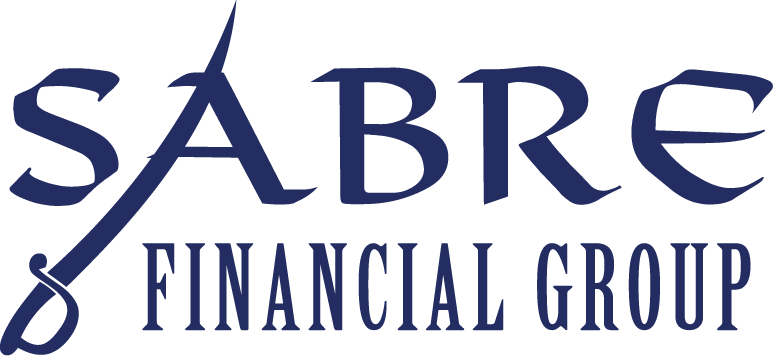
For many small and mid-market business owners, the most challenging part of financing isn’t getting approved; it’s knowing where to start and determining which option will bring the most value to their company. A key first step to finding the right capital solutions for your company is to begin with clarity and understanding of why you need capital and what you want to achieve for your business.
Why Your Business Goals Should Guide Your Financing Decision
When it comes to financing, there are several options to choose from. Conventional bank loans, SBA programs, non-bank lenders, and asset-based lending are just a few options, each with its own advantages and disadvantages. But which option might work best for your company now and in the future?
One way to answer that question is to clarify why you’re looking for capital and the specific business goals you are looking to address:
- Are you seeking capital just for an emergency reserve and general business stability?
- Do you have specific growth plans that require capital to help you get there?
- Are you in the market to buy a business and need money to finance the sale?
Knowing your goals will help you to identify the right types of lenders and save you considerable time as you move forward in the process. That kind of clarity transforms a maze of options into a manageable decision, one that aligns with how your business actually operates and where you want to take it in the future.
Aligning Capital Solutions with Your Business Stage and Strategy
Terms are essential for financing, but what’s equally important is timing. The type of capital you need at the launch of your business may not be the same as the type of capital you need later to scale and sell it.
Early Stage: If you’re an early-stage business, you may prioritize capital options that can help you fund marketing, generate revenue, and reach profitability.
Growth Stage: As you scale your business, revenue and profitability remain crucial, but you may also be seeking ways to acquire new customer segments, build a solid team, and expand facilities, operations, or inventory.
Maturity Stage: As your business reaches the maturity phase, your capital solutions may be more focused on growing through acquisition, broadening product/service lines, adding locations, and/or establishing a talented and independent management team
Understanding where your business is now and where it’s headed provides context to determine which capital structure is most suitable for your specific situation. That clarity helps you avoid over-leveraging or agreeing to unfavorable terms.
Capital Solutions for Small and Mid-Market Businesses
There’s no such thing as a universal “best” loan, the goal should be to identify the best type of loan for your business and its unique needs. Here are a few types of loans to consider:
- SBA Loans: The U.S. Small Business Administration (SBA) loan programs help small and mid-market business owners obtain financing to start or grow their companies. Due to updates in recent years, the process has become more streamlined and accessible for businesses seeking funding to meet various needs.
- Line of Credit: A line of credit is a flexible loan option that provides you with access to a predetermined amount of capital as needed. This option may come with higher interest rates and late payment fees.
- Asset-Based Lending: These loans are secured by your business’s assets. That could be inventory, accounts receivable, equipment, or real estate. Since loans secured by physical assets are often viewed by lenders as riskier than other types of loans, the loan amount may be lower than the asset’s value.
- Partner Buyout Financing: If a partner leaves a business, the remaining partners may have the option to buy their share of the company. This is called a partner buyout. This can be a beneficial option that ensures business continuity and Shareholder Stability.
Loan Brokers & Capital Advisors – What’s the Difference?
There are two financial professionals you should know when deciding the best capital options for your business: a loan broker and a capital advisor.
A loan broker helps business owners find lenders, whether it’s through banks, credit unions, or other online options. They can help you compare different loan options, assist with the application process, and provide expertise on the details of certain loans. When working with a broker, having a clear understanding of your business’s goals, capital needs, and the options available will enable you to maximize the experience, as their primary goal is connecting you with a lender for a loan that meets your requirements.
A capital advisor offers guidance and support throughout the process to help you determine the capital option based on your business goals. They educate you on the advantages and disadvantages of each option and tailor their services to your specific needs and situation so you can make decisions that support your long-term strategies. These individuals can also assist you in developing a capital structure and strategy for your business. Their primary goal is to ensure you have the tools and access to the best capital solution for your business.
Whether you need strategic guidance or simply need help connecting with lenders, choosing the right financing partner is just as important as choosing the right financing option. Knowing the difference between a loan broker and a capital advisor helps you determine who will be more aligned with your current and long-term business goals. Then, you can make an informed decision the best trusted advisor for you and your business based on your unique needs, experience, and available resources.
Building a Strong Foundation for Your Capital Journey
The decisions you make around the financing of your business can have a lasting positive or negative impact for years to come. Investing the appropriate time and effort into the process is always a wise decision. As you clarify your goals and financing plans, another step is to reflect on your business’s journey so far: Where has it been, where is it today, and where do you want it to go?
Equally important is the type of support you choose from financial professionals. Do you simply need someone to connect you with lenders? Or would you benefit more from a partner who can guide you through the process and build a strategic capital plan tailored to your business? An experienced capital advisor can work through the process with you and can often save you many hours of personal research due to their experience and relationships in the market.
These elements can serve as the foundation of your capital strategy and give you a roadmap to start your journey successfully.
What is the Best Capital Solution for Your Business?
Whether you’re exploring financing for immediate needs or planning for future growth, Sabre Financial Group can guide you through each important step in the process. Our team of financial experts and capital advisors can support you in evaluating options, structuring capital solutions, forecasting requirements, and aligning your capital needs with the long-term goals of your business, all while leading you through the financing process with clarity and confidence. Contact us to get started, we would be happy to schedule a complimentary call to understand your current situation and provide transparent feedback to help you reach your growth goals.

